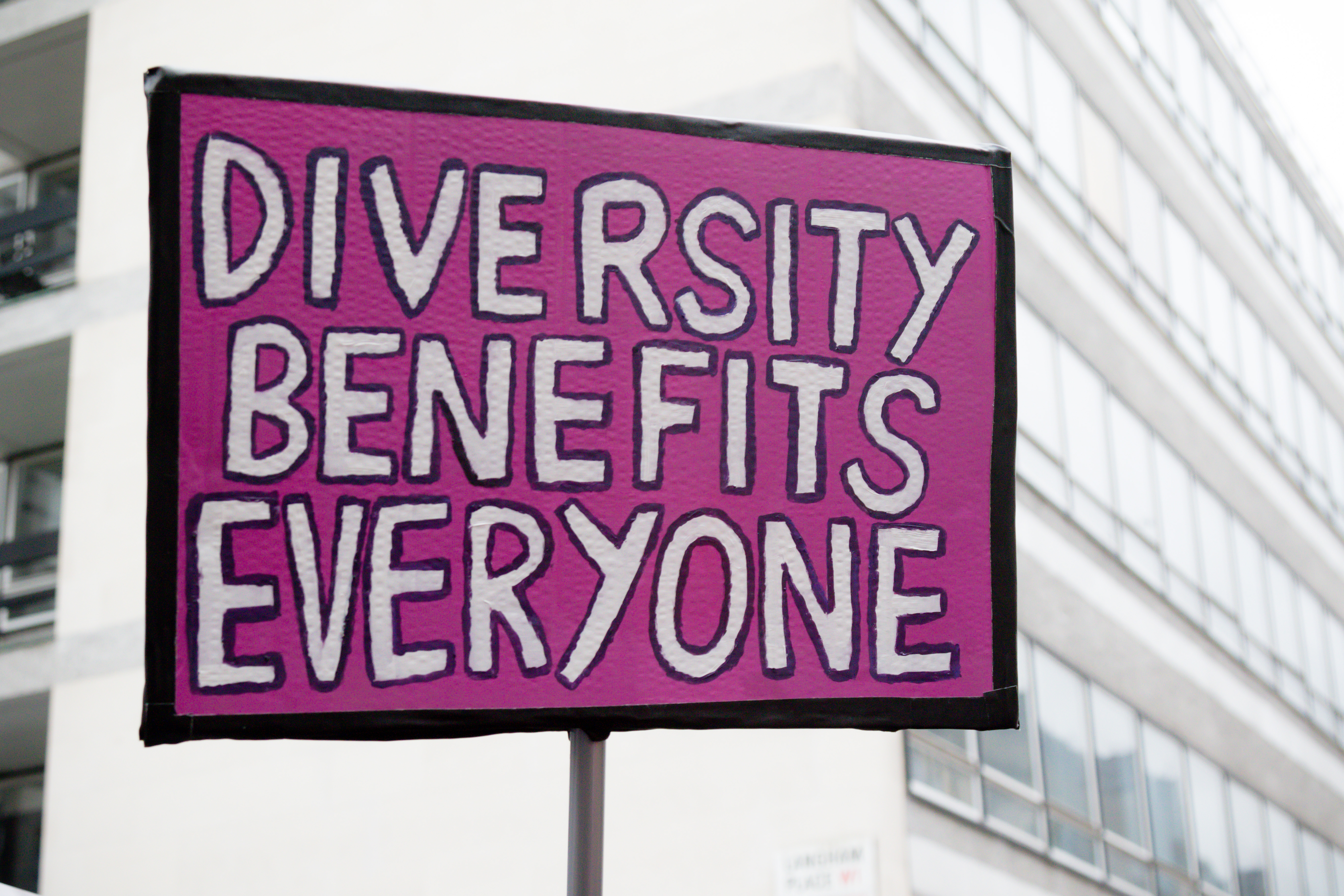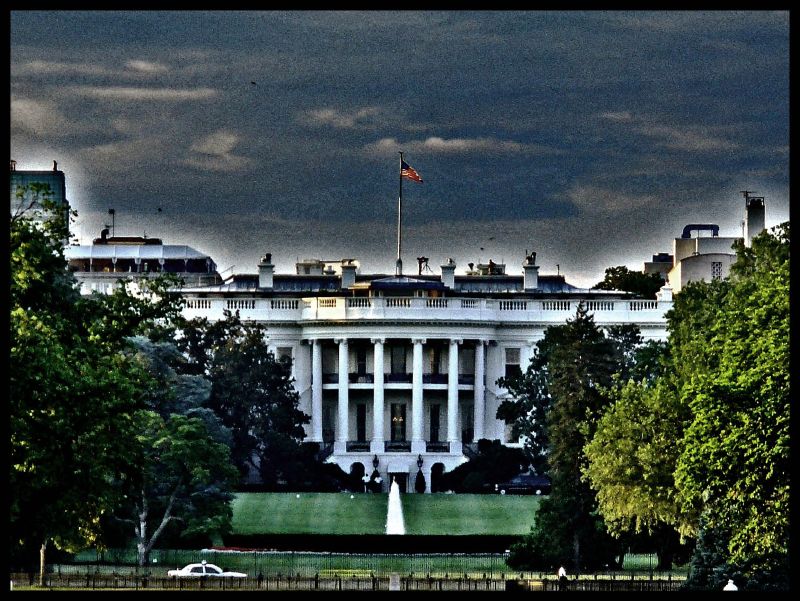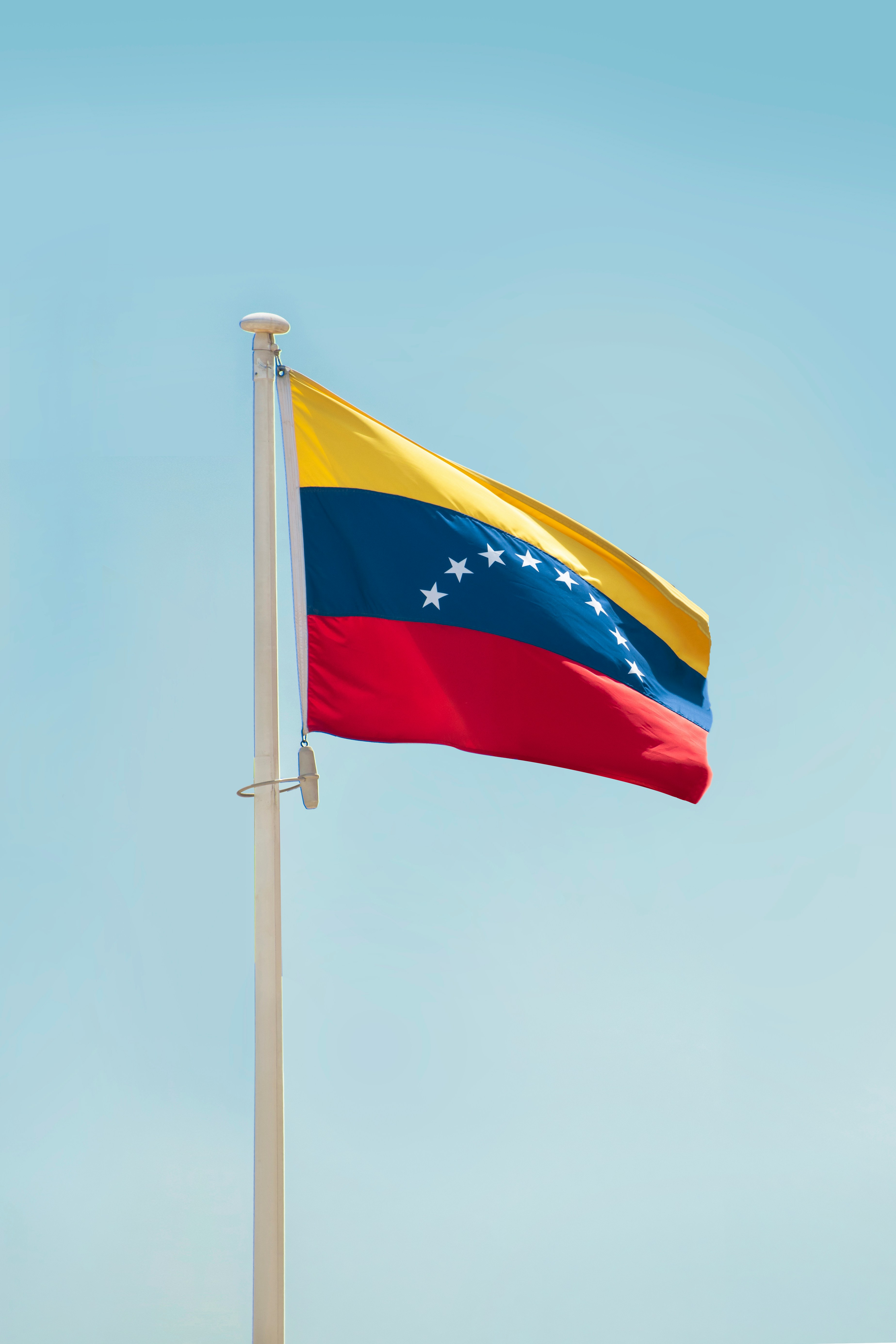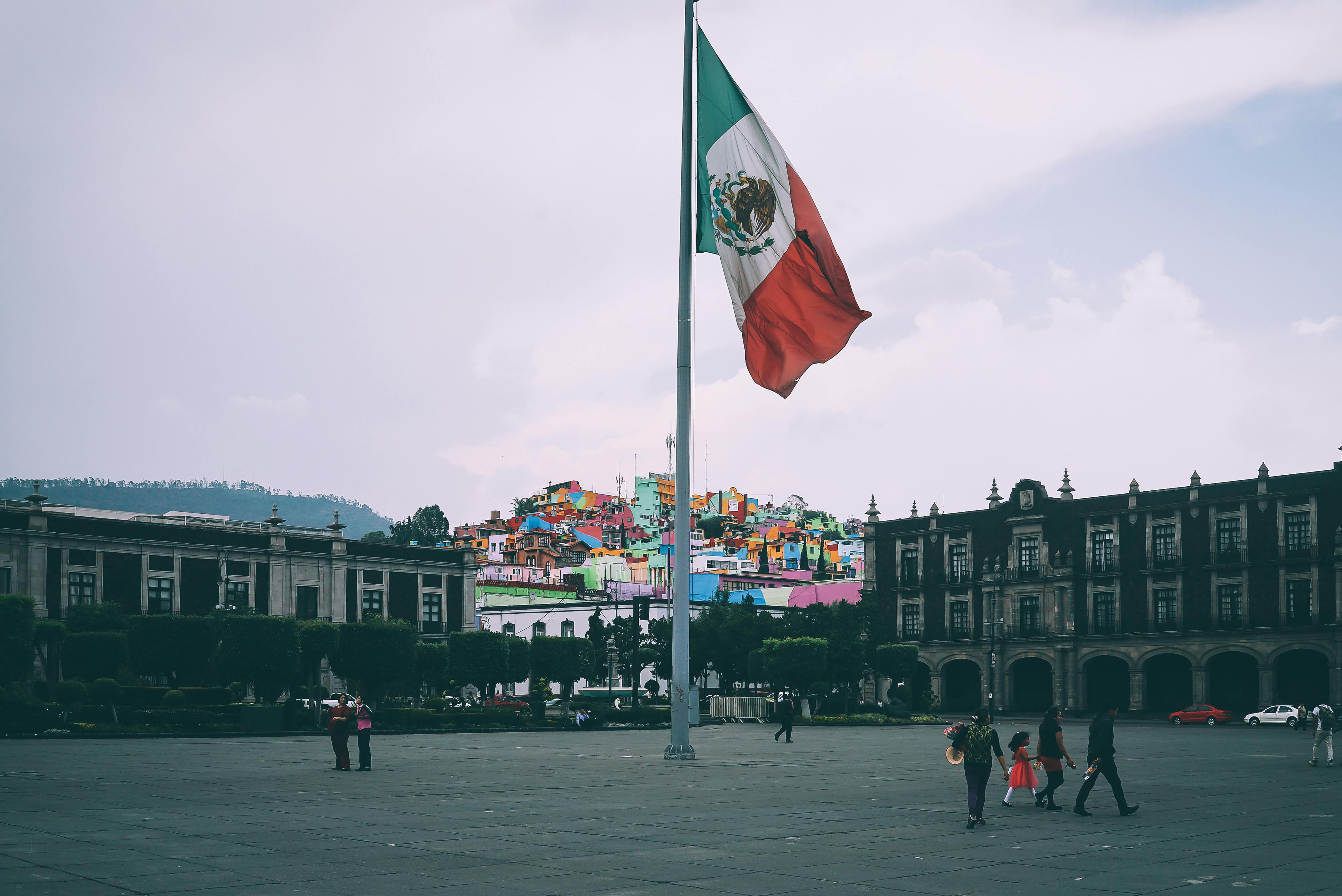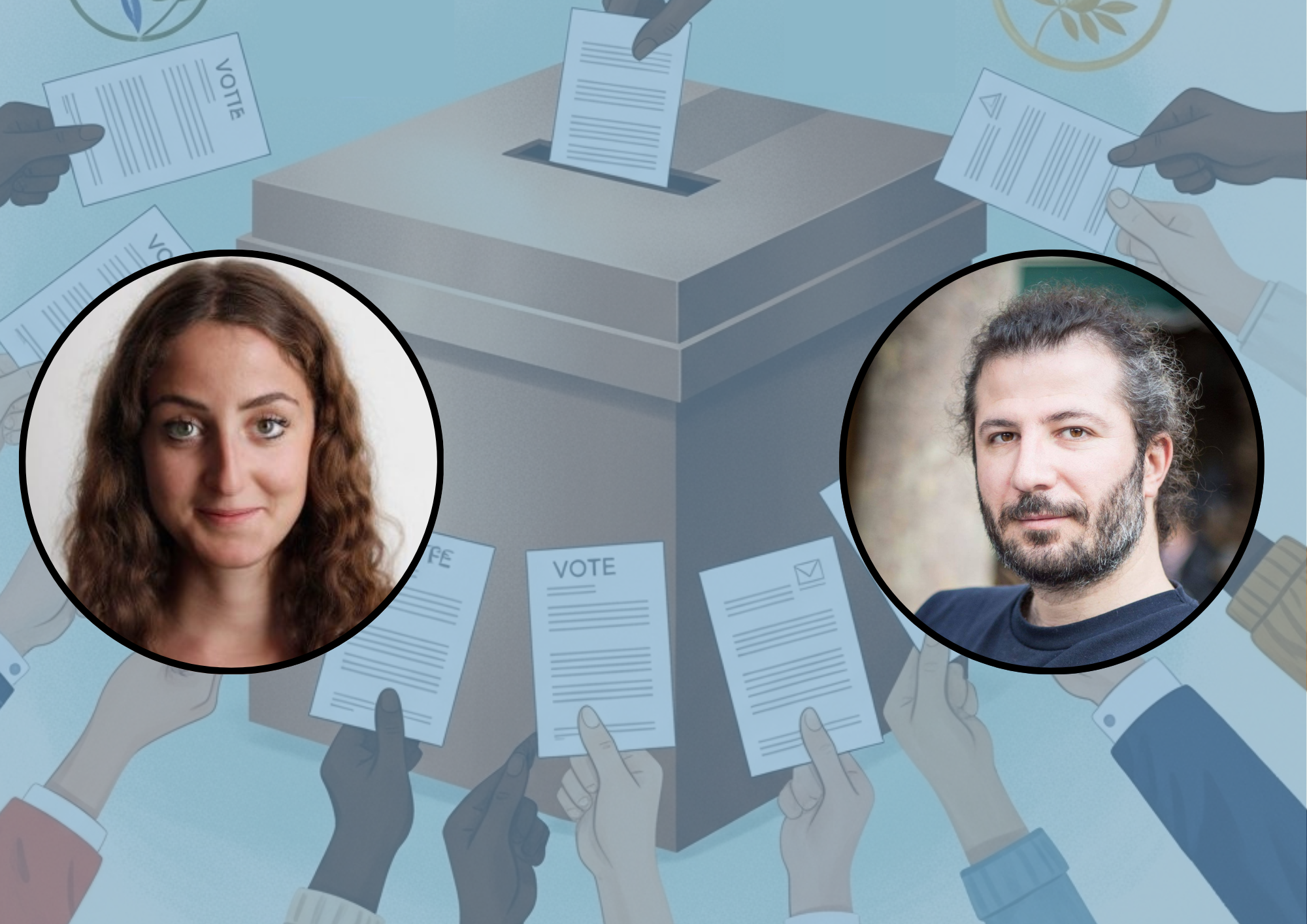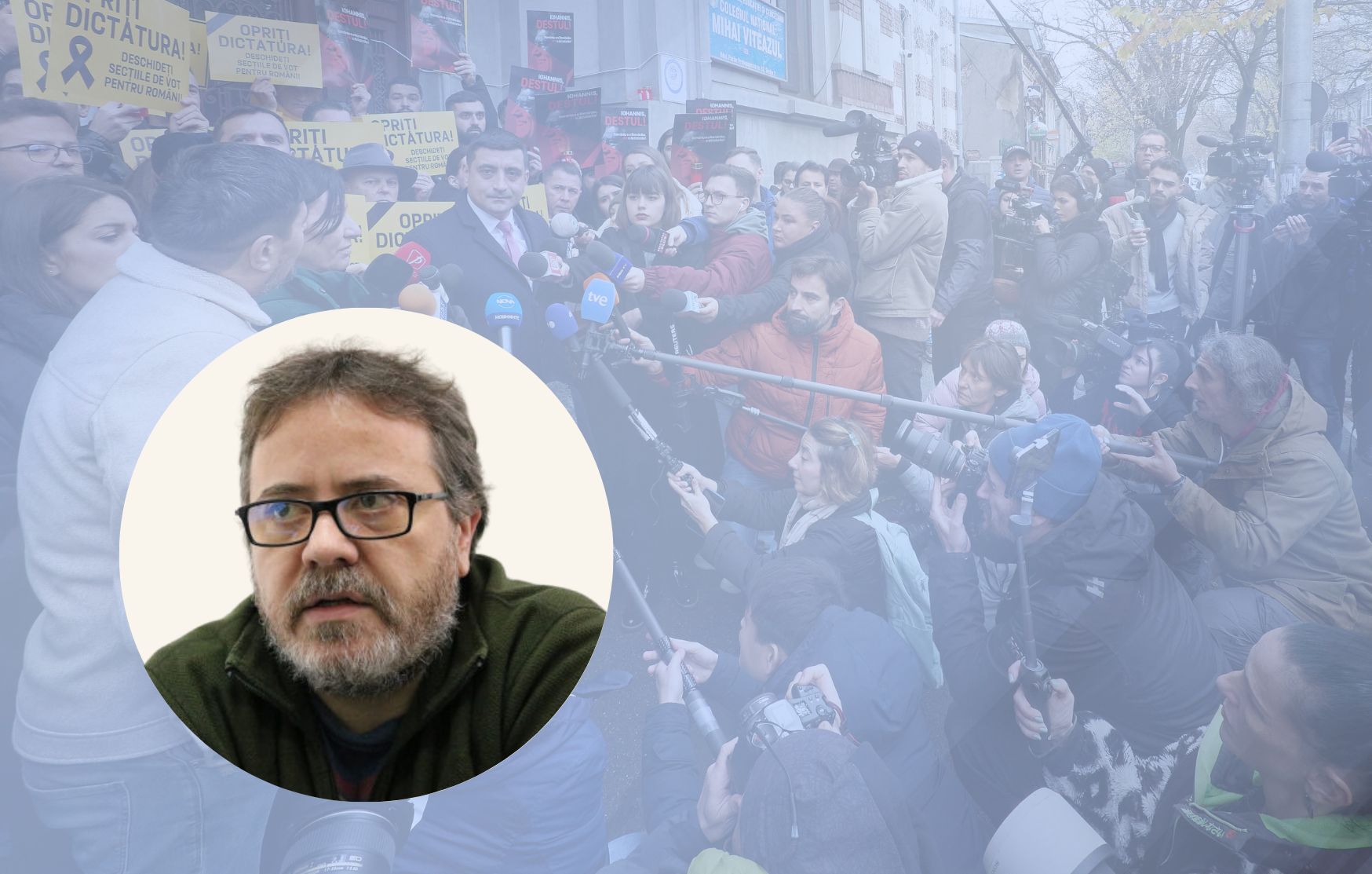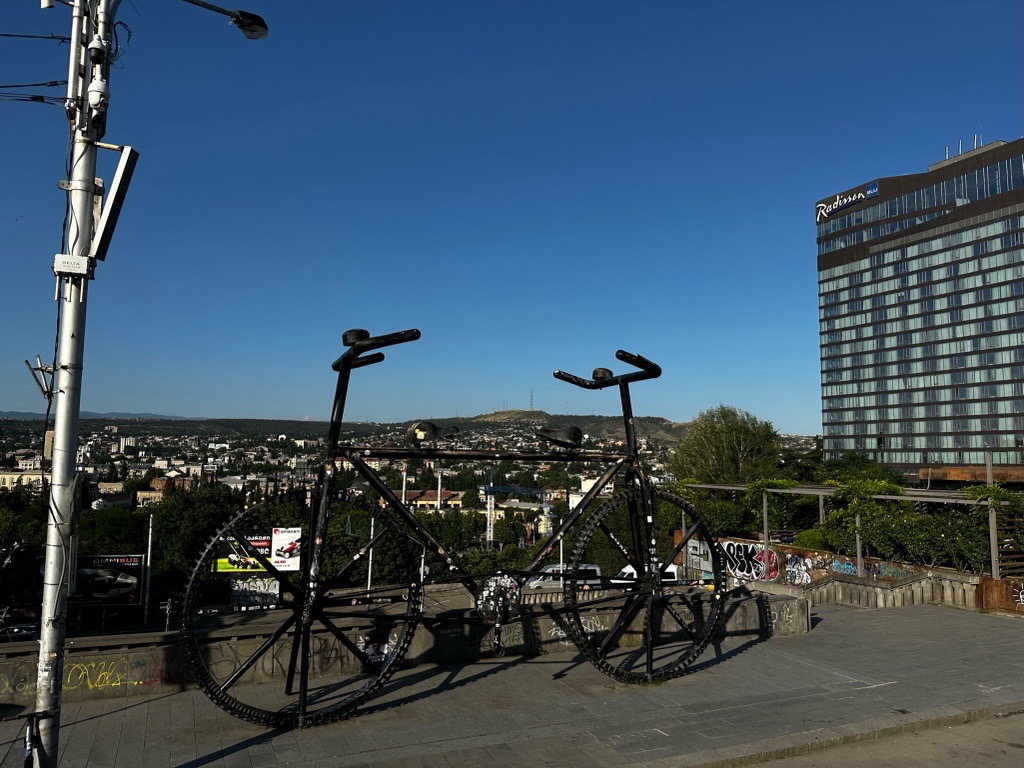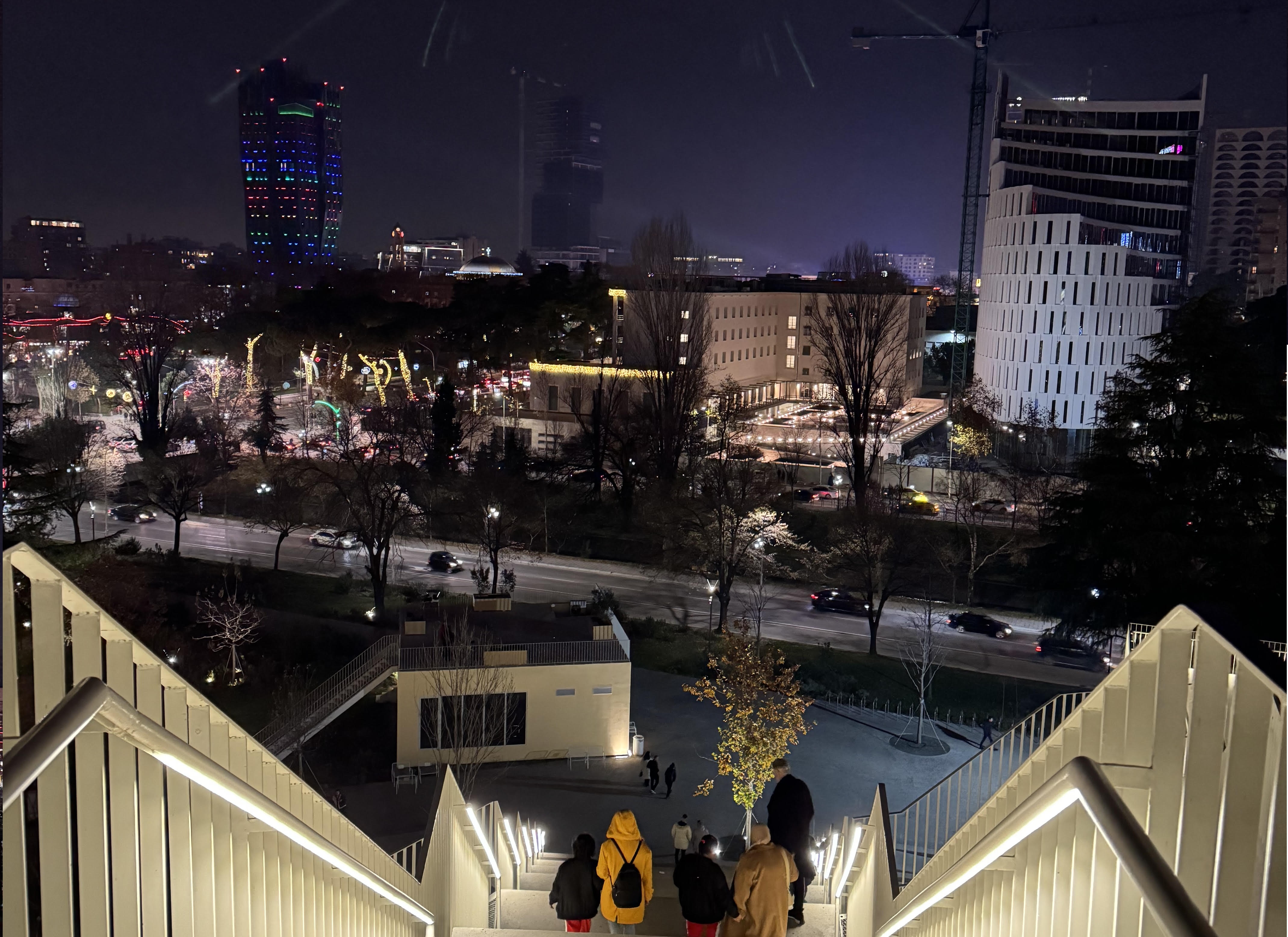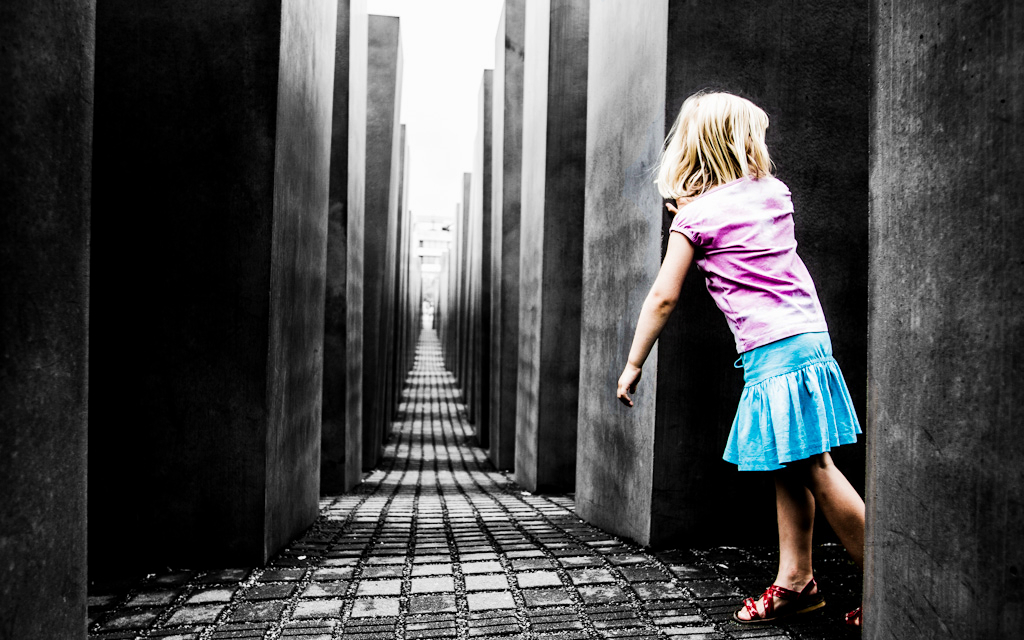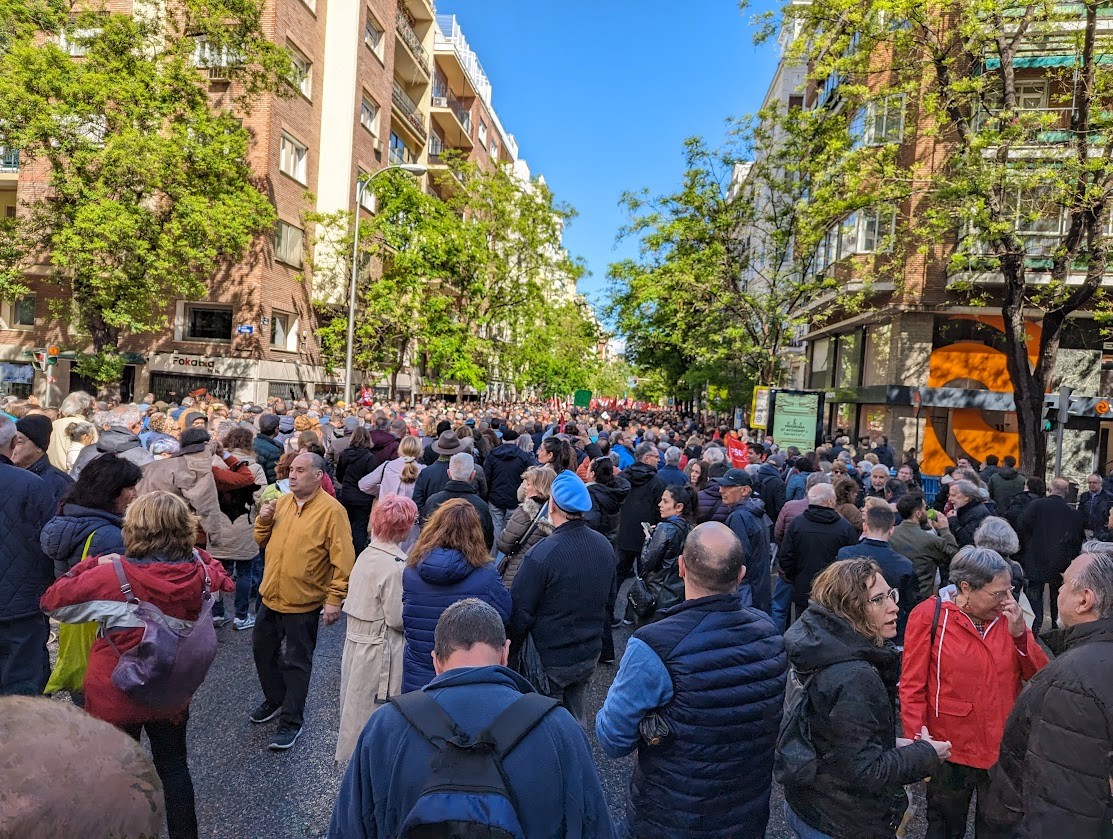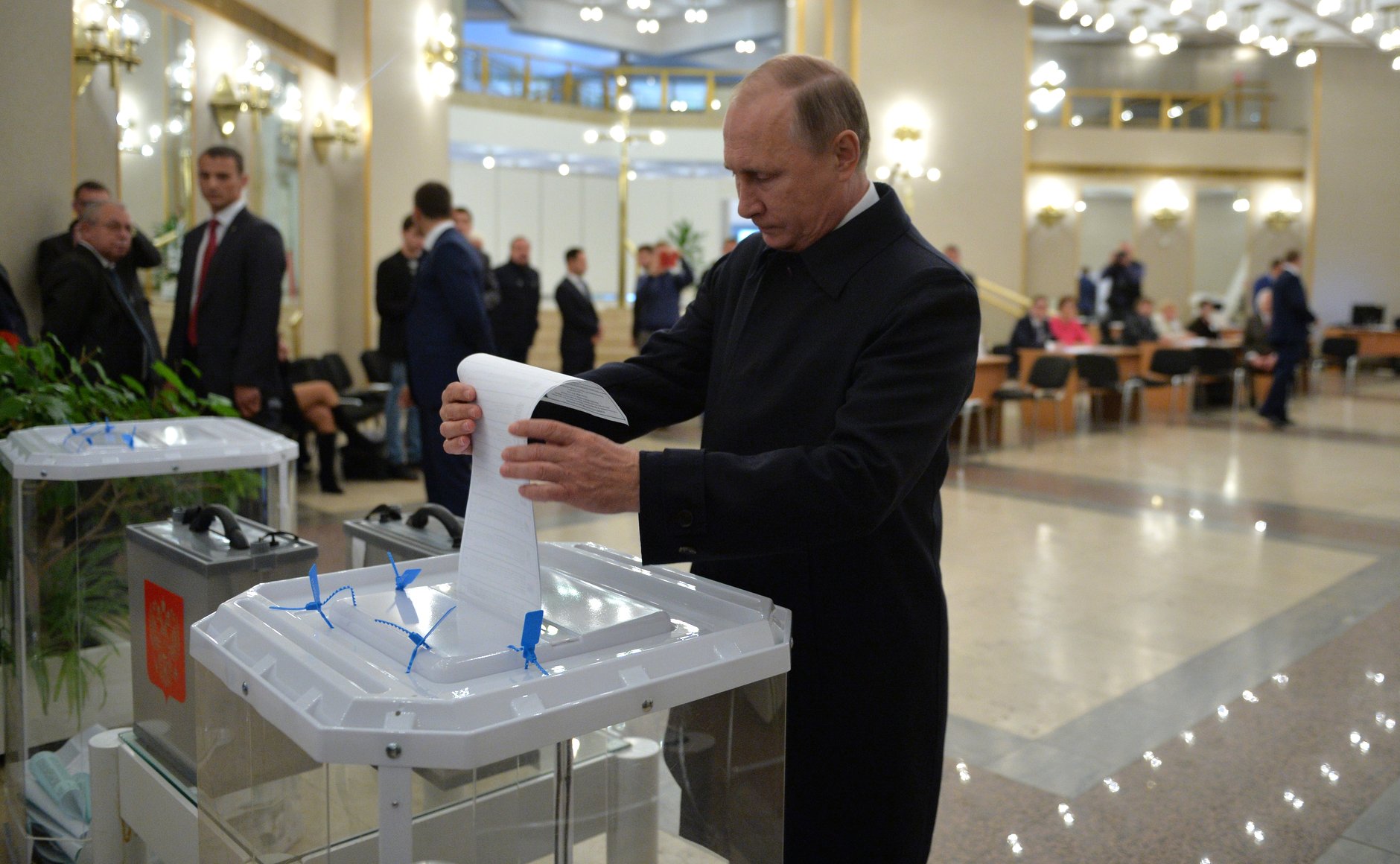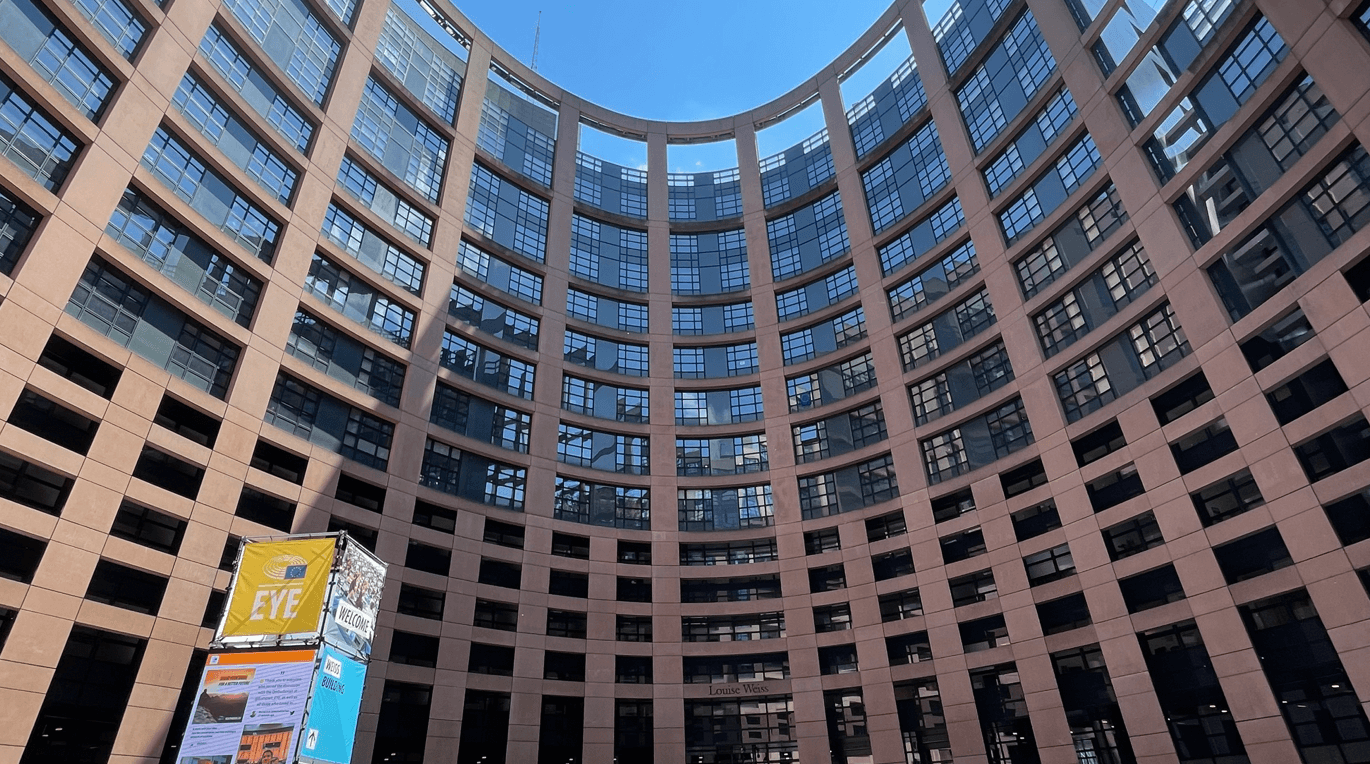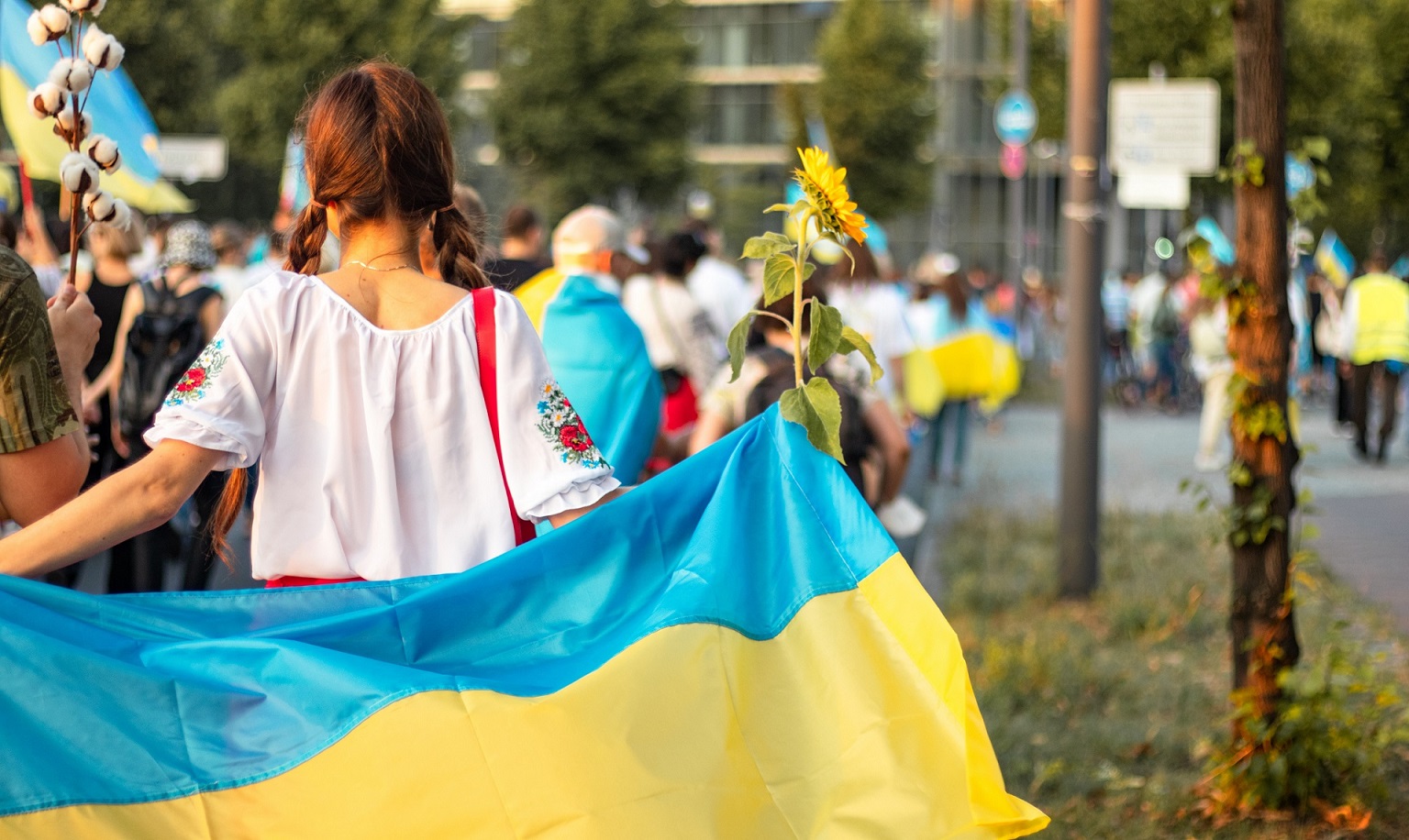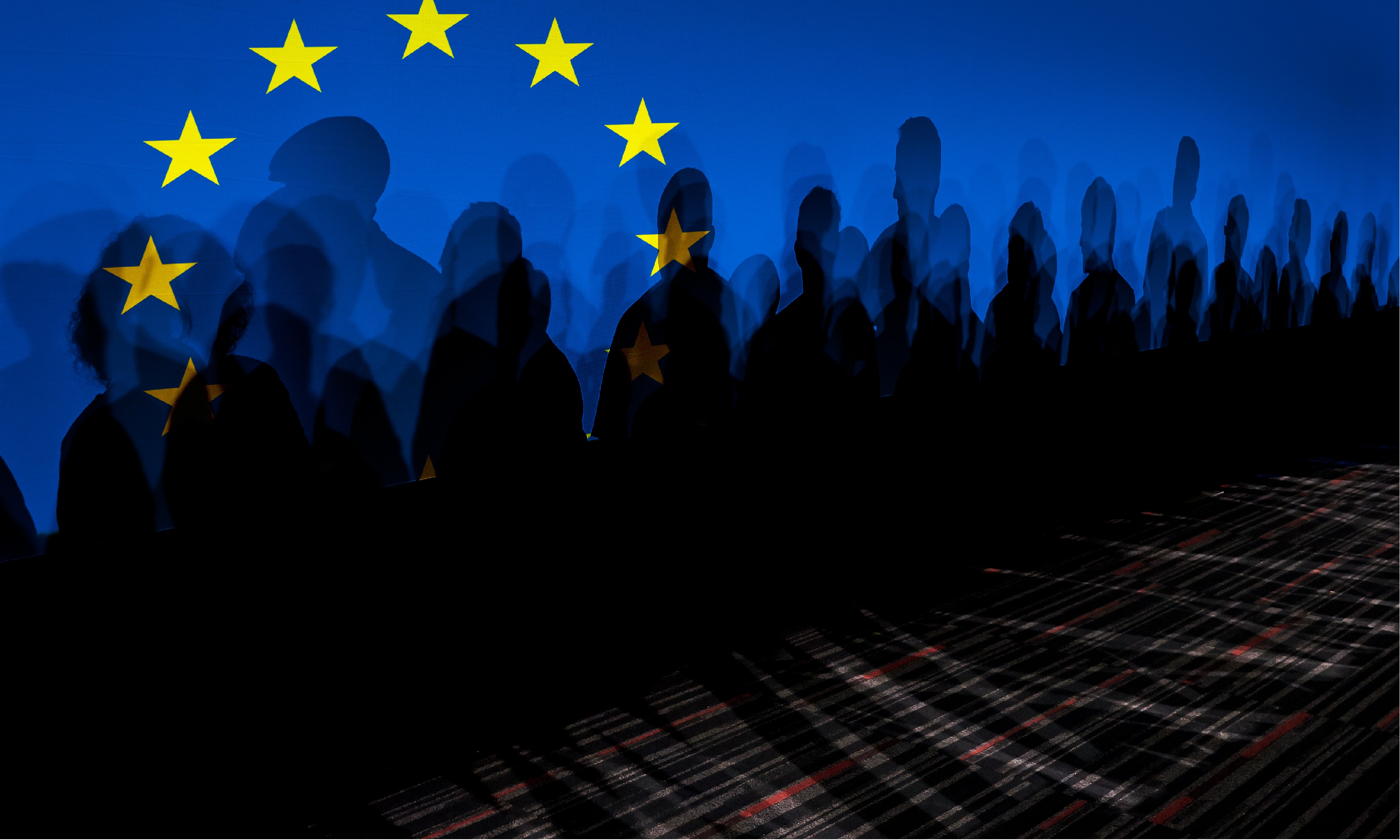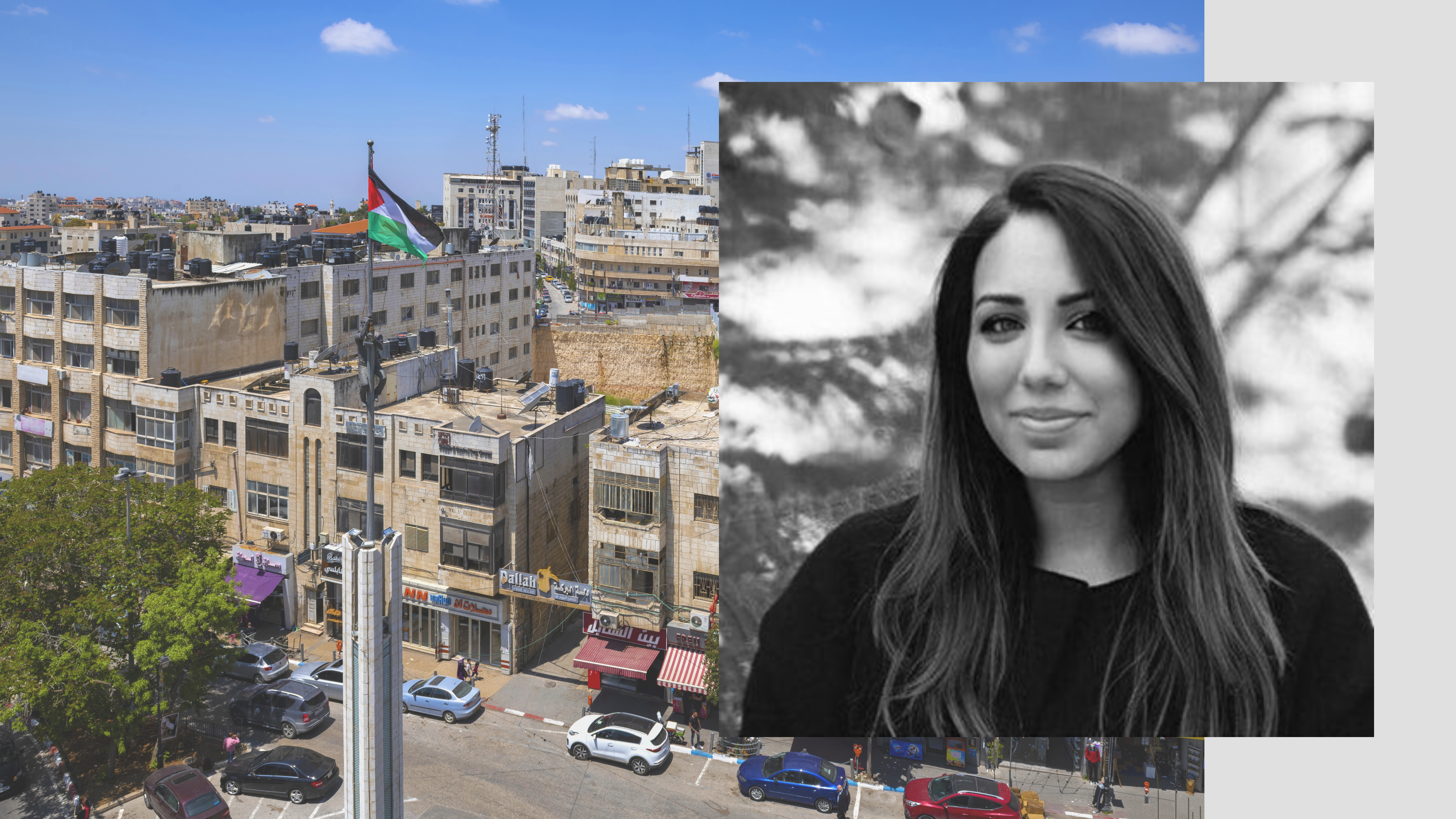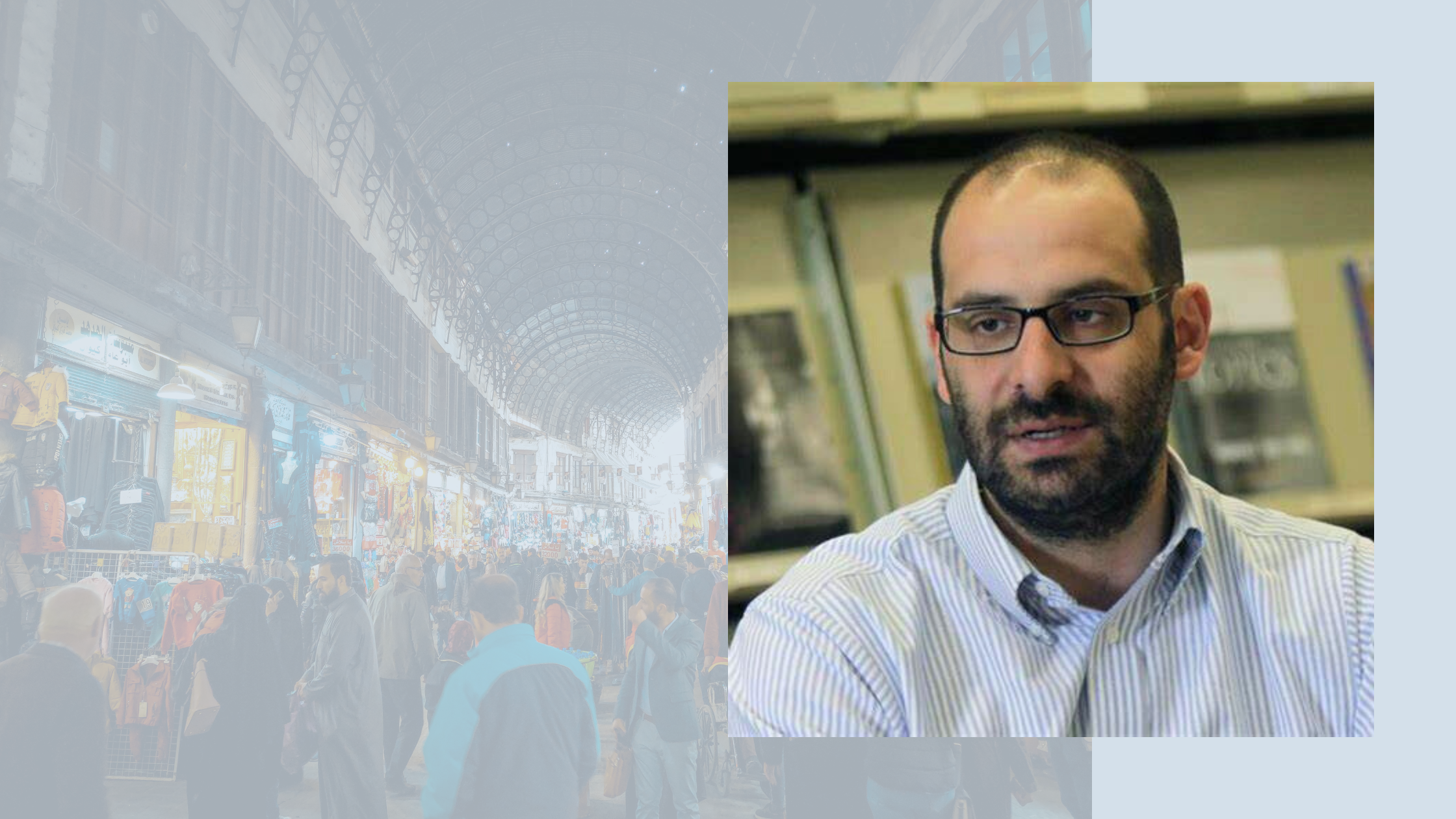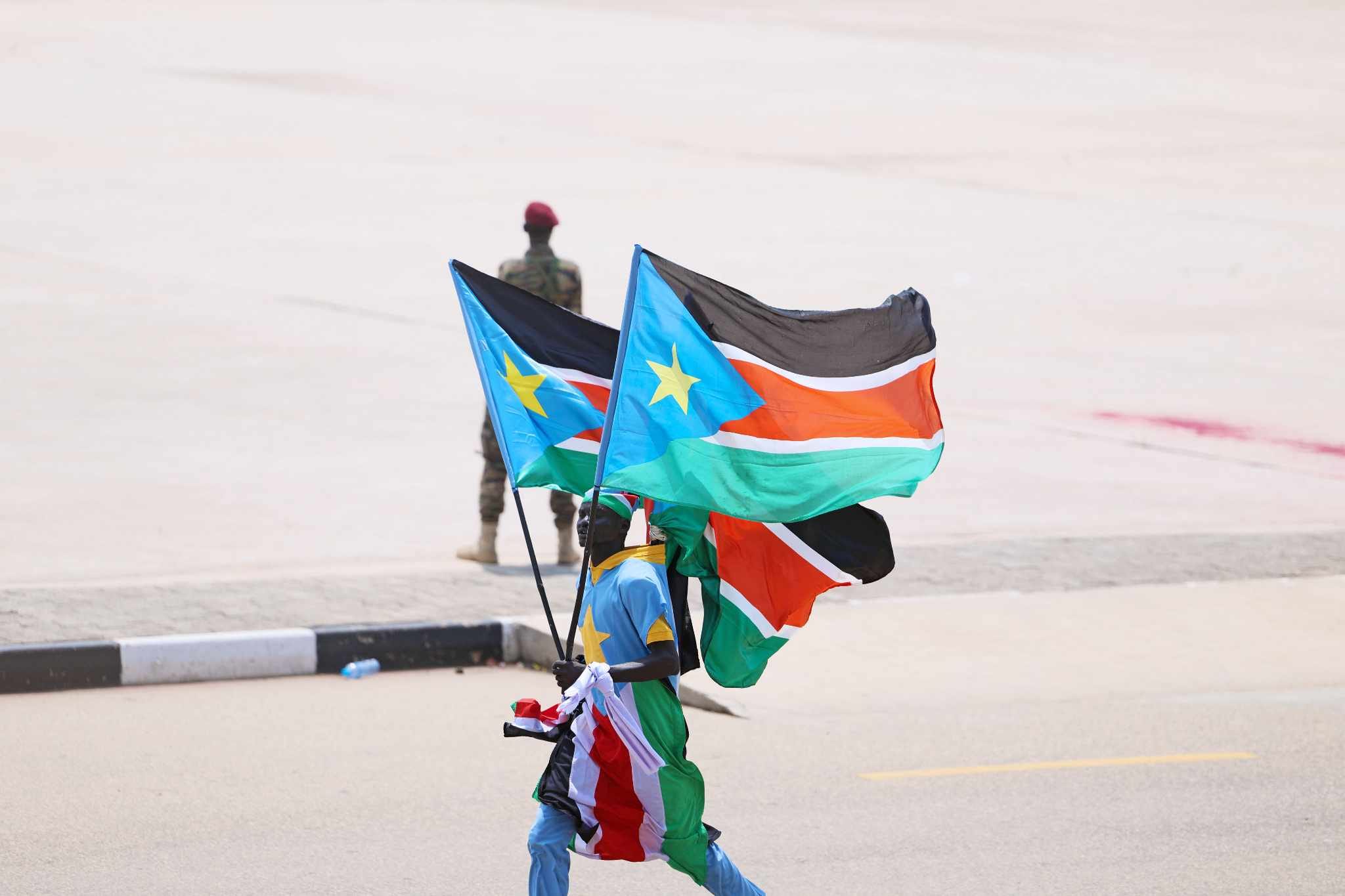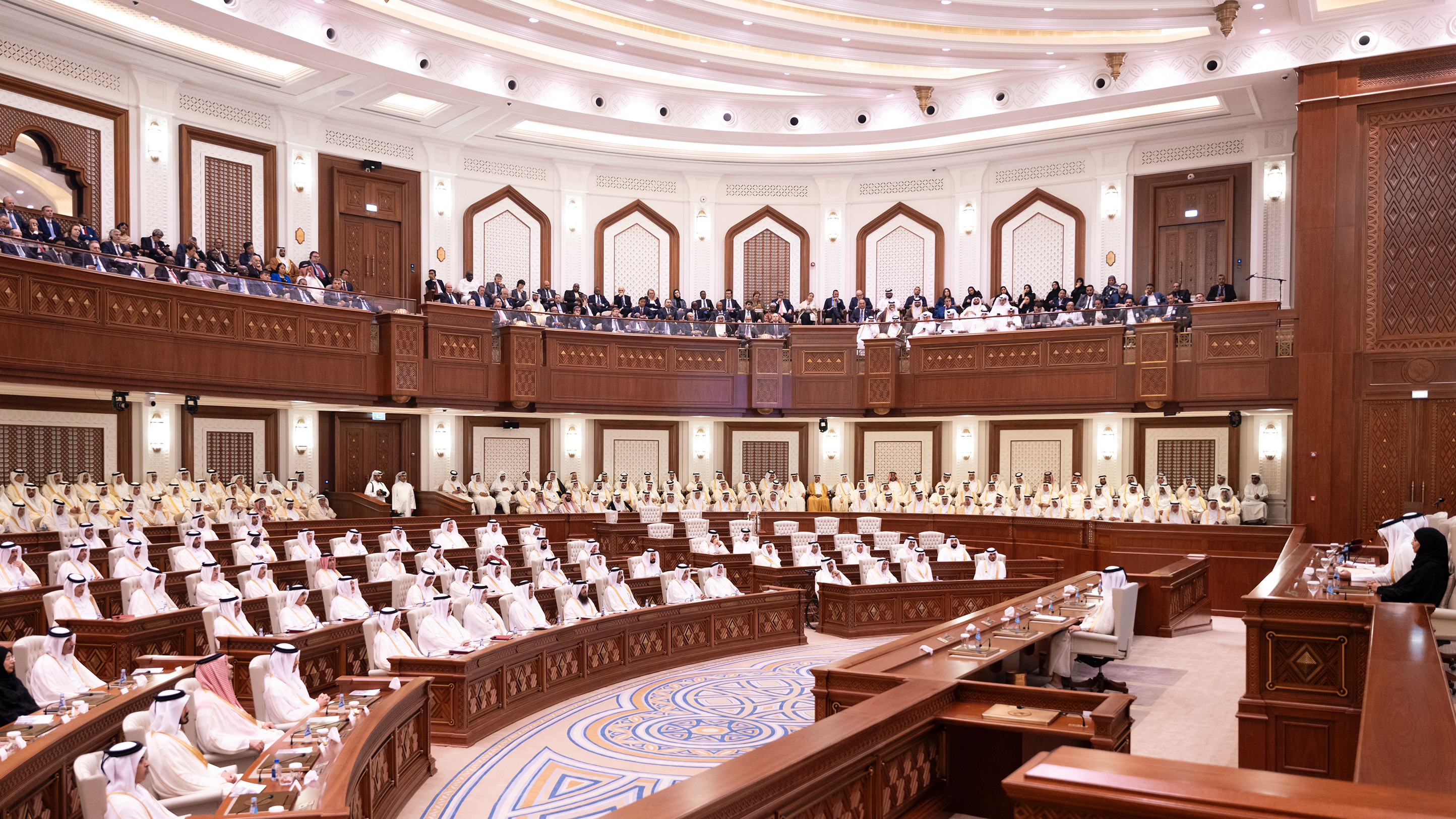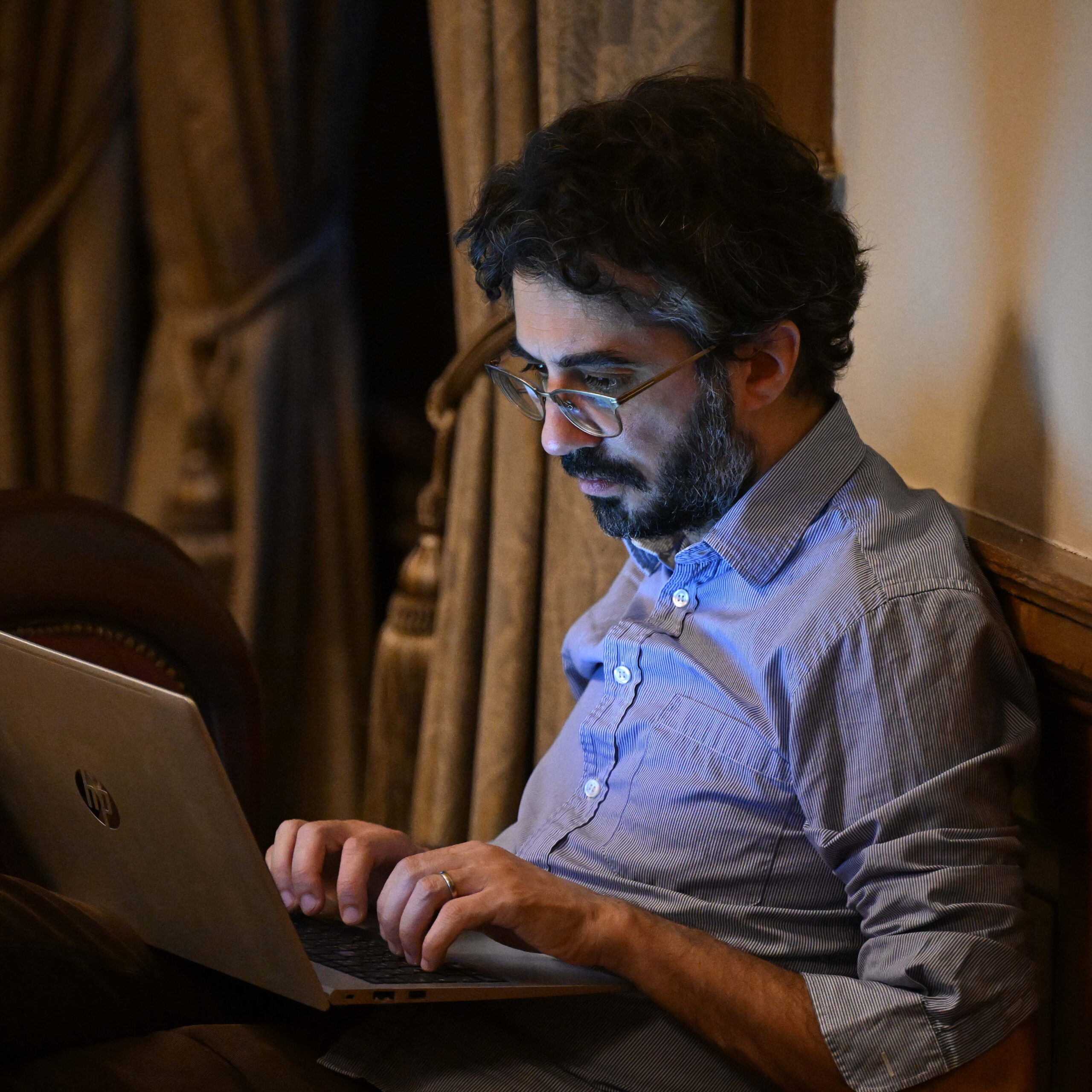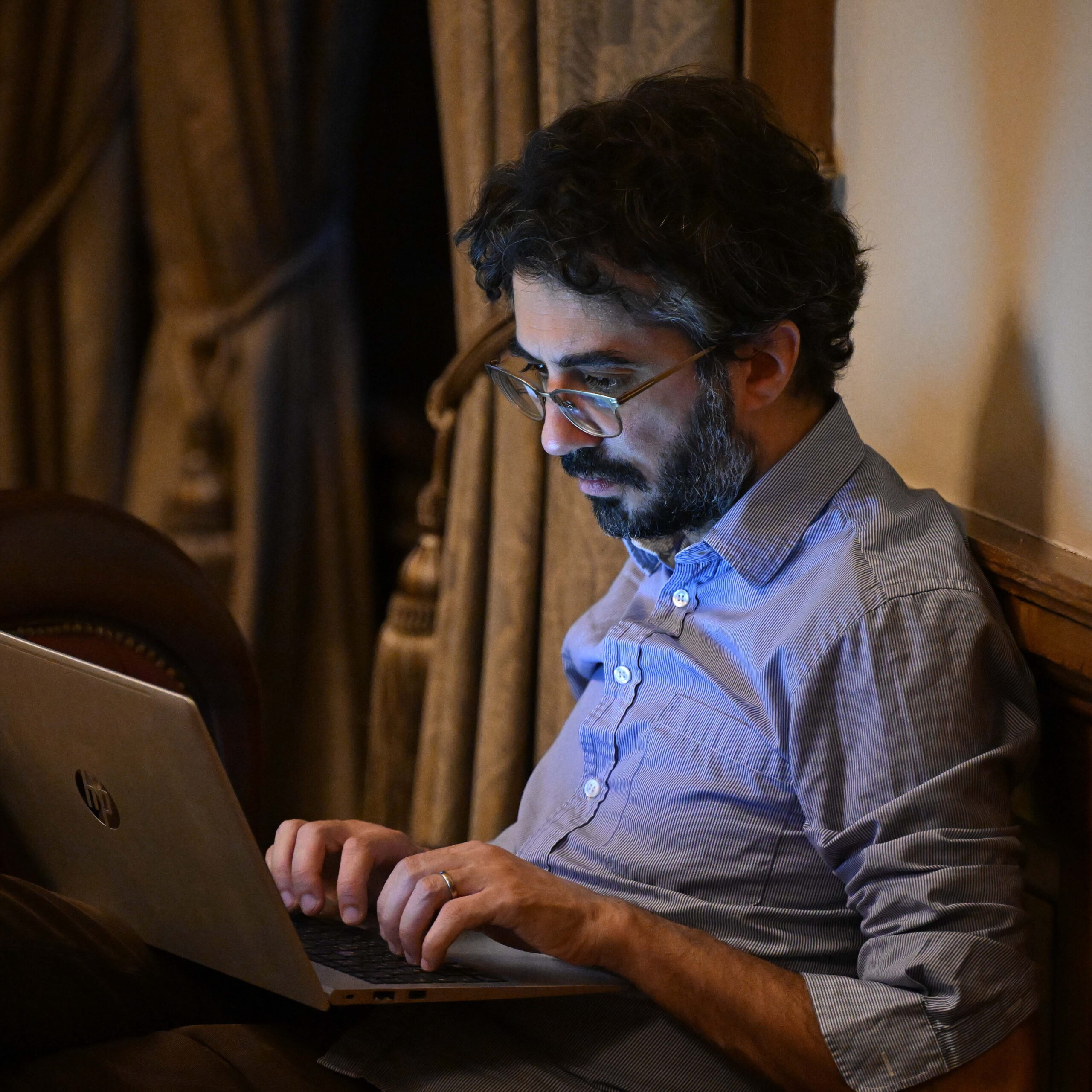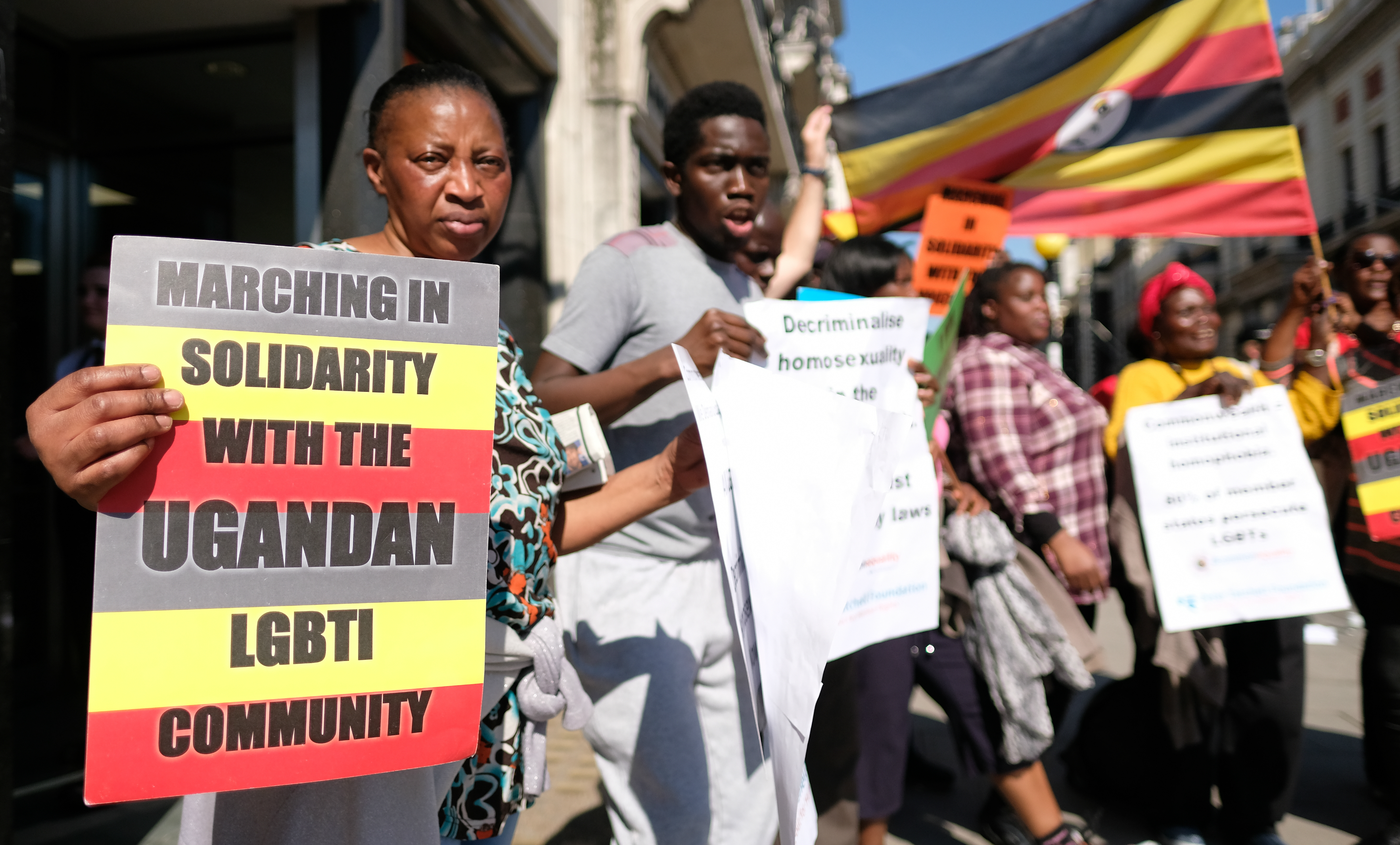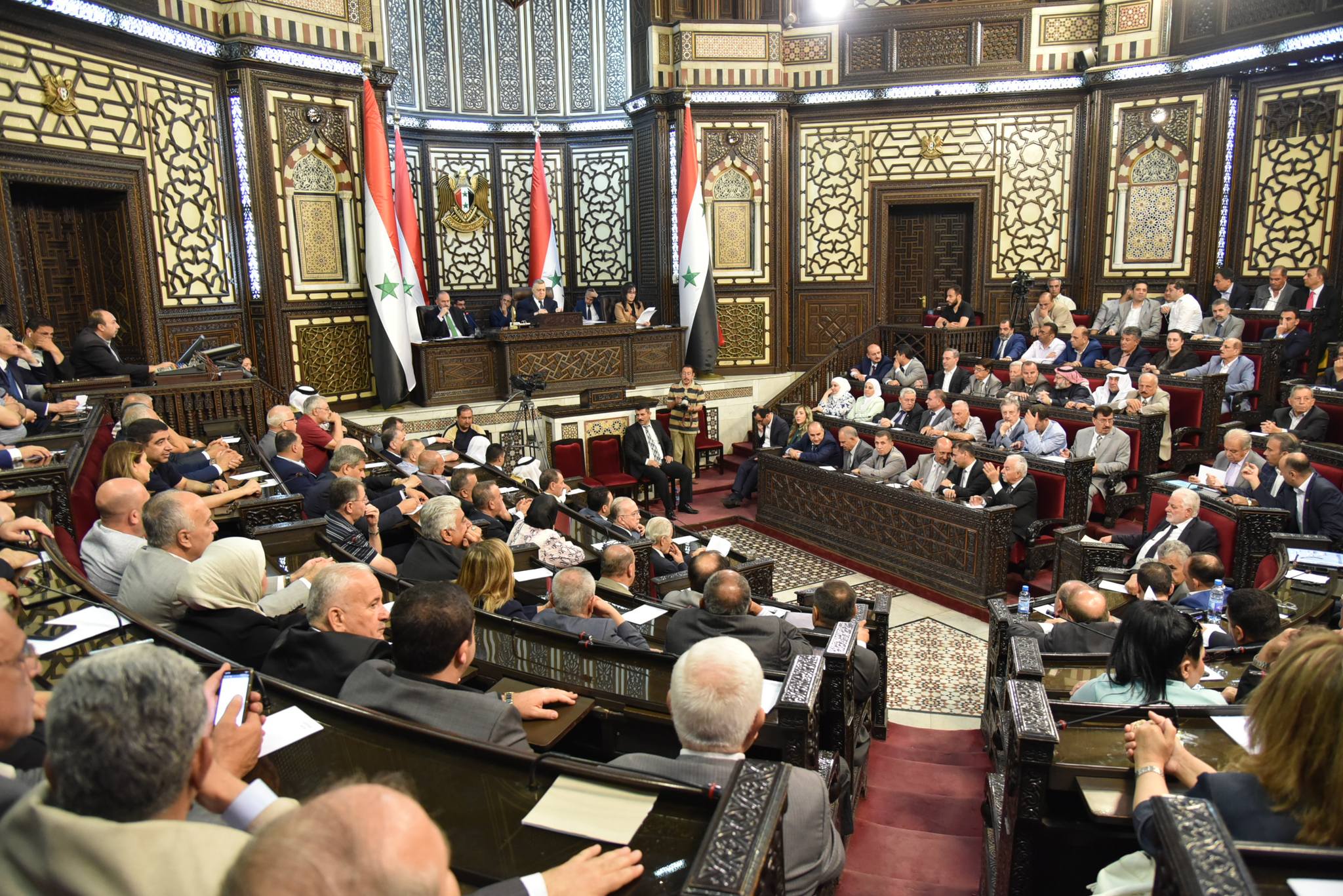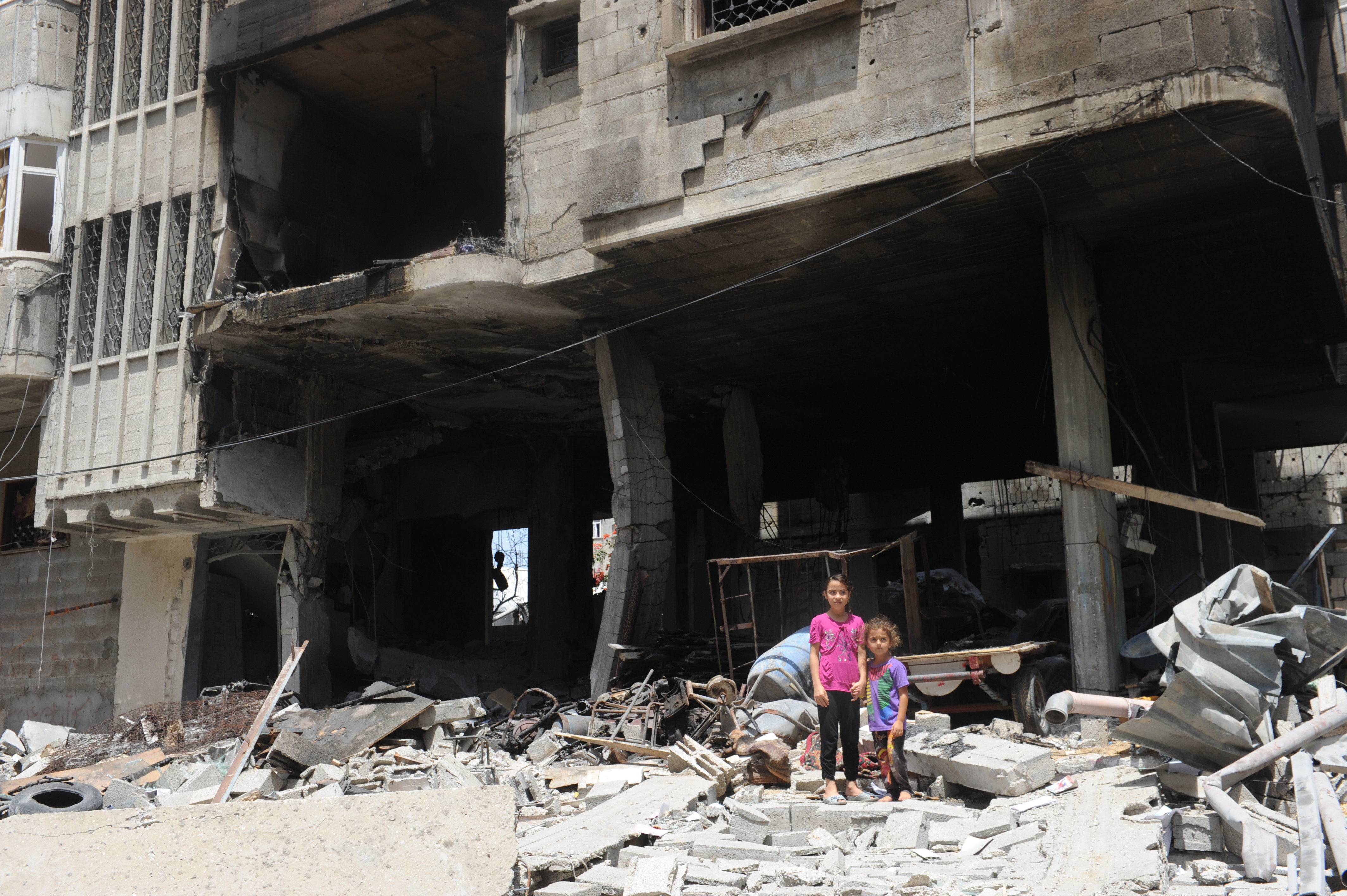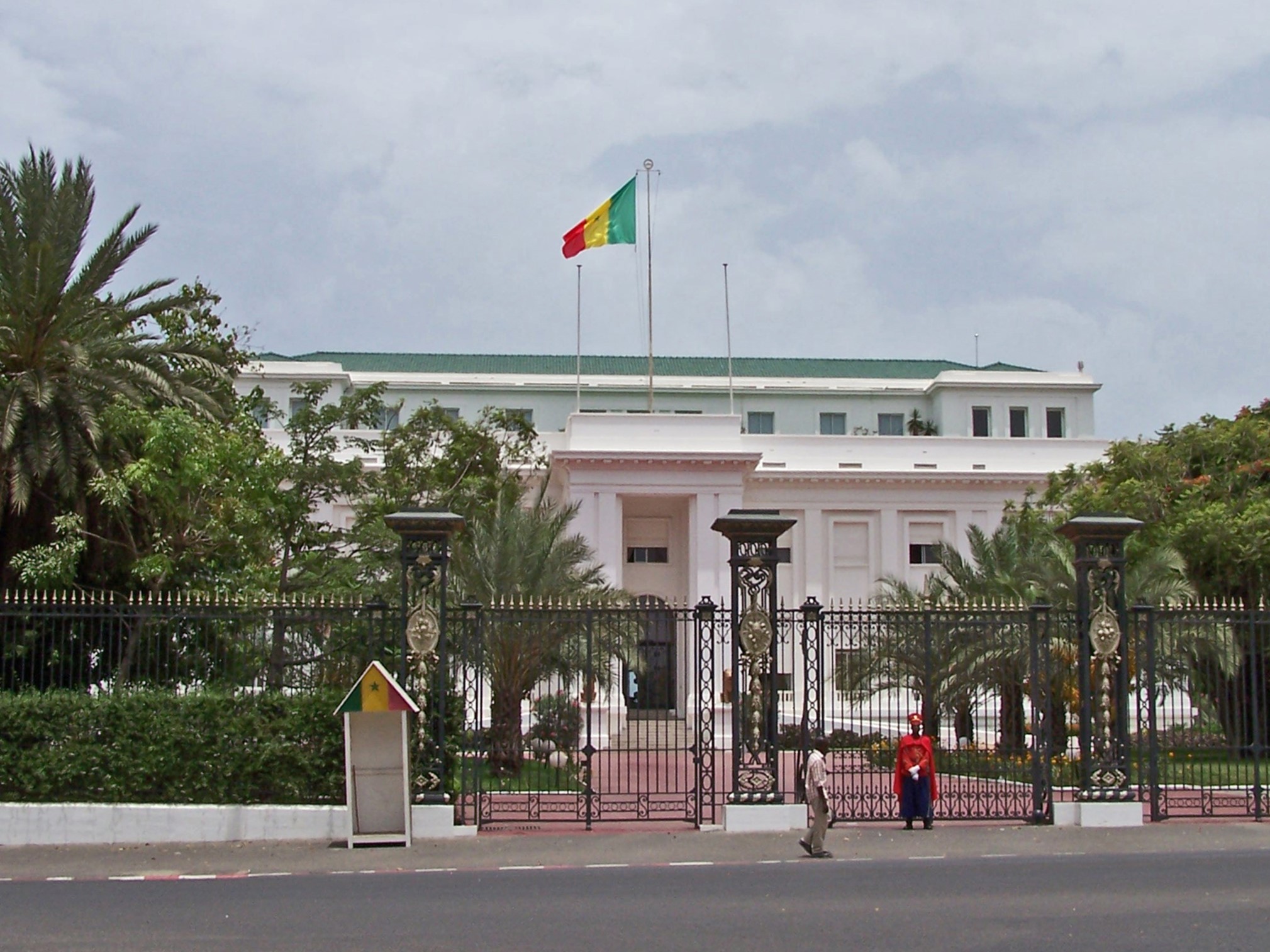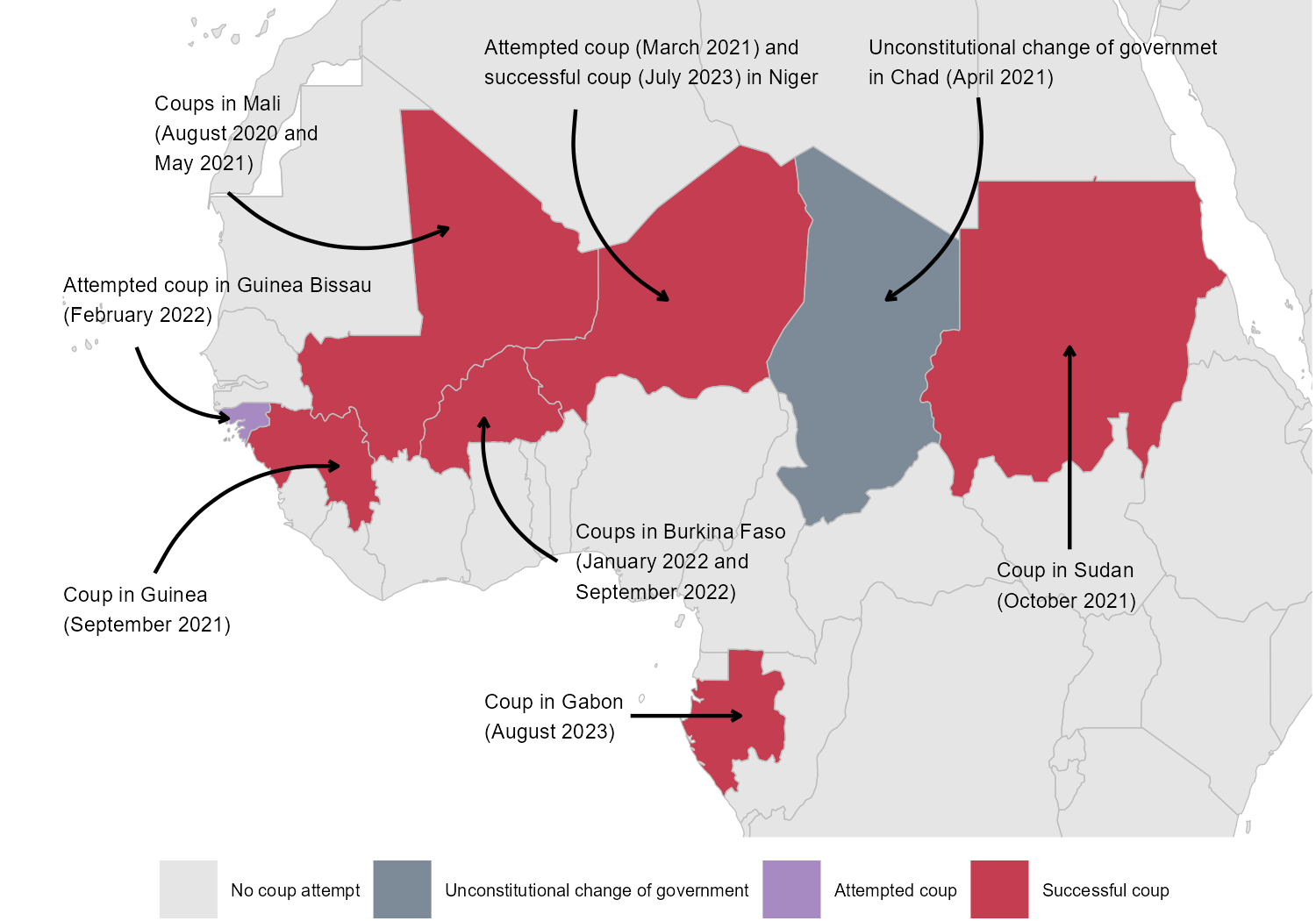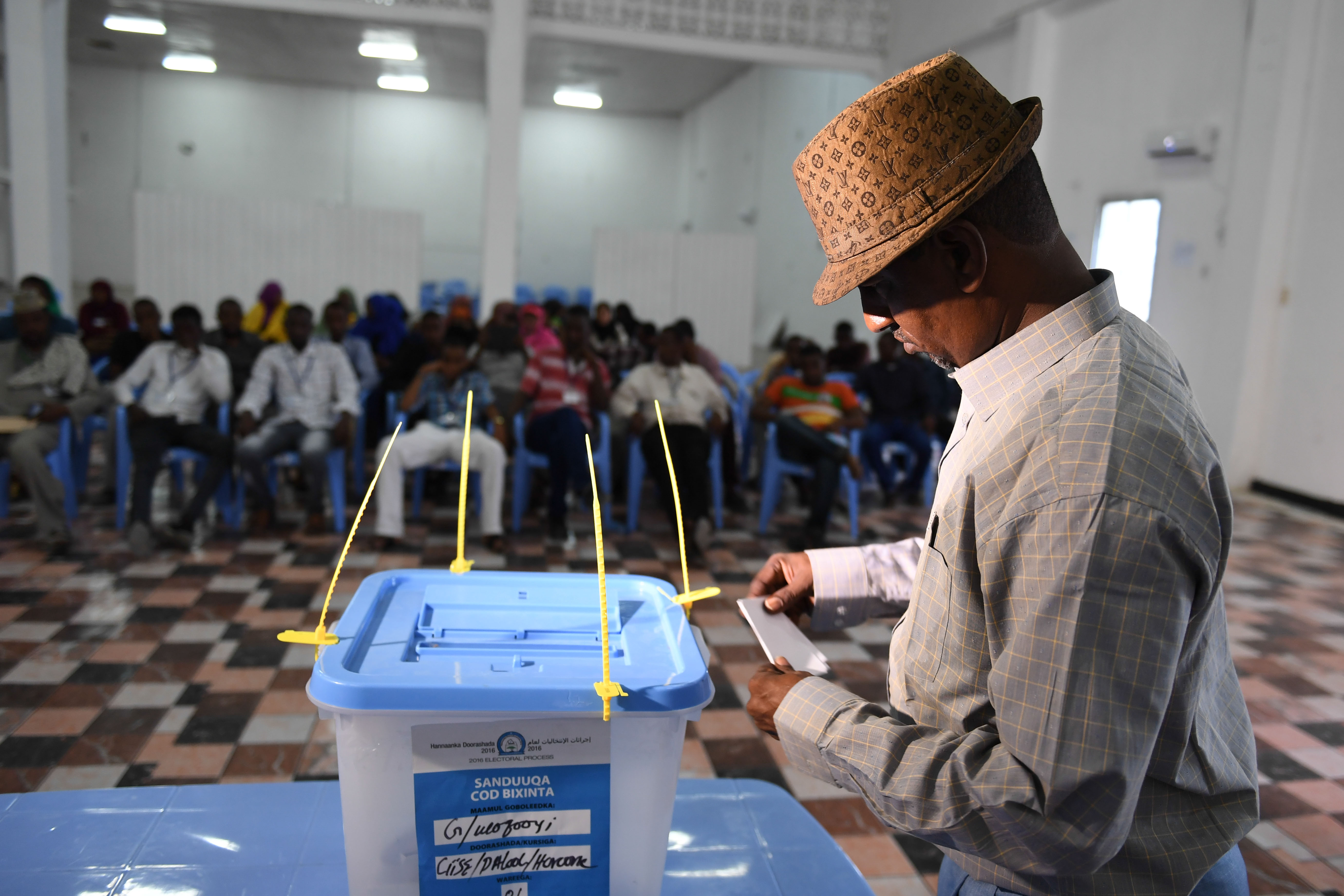Representation
Concerns around the impact of foreign interference on the credibility of electoral processes were dominant, threatening trust in democratic institutions. Georgia’s President claimed the official results of the parliamentary elections were illegitimate, branding the election a Russian “special operation.” Moldova's government has accused Russia of using vote buying, disinformation and security threats to influence a narrow vote in a referendum on enshrining EU accession in the country’s Constitution. A shock result in Romania’s presidential election sparked an investigation by the European Commission into the role of TikTok, amid claims by Romanian security officials of cyberattacks and Russian attempts to influence the country’s social cohesion. .
There were 13 national elections in Europe over the past six months. Voter turnout was particularly notable in France’s parliamentary elections, where it increased to 66.6 per cent, up from 46.2 per cent in the 2022 elections, reflecting energy injected by a new generation of politicians, as well as by the prospect of the far-right coming to power. As Bulgaria held its seventh parliamentary election since 2021, and its second this year, voter turnout hovered around 38.9 per cent—a persistently low figure observers attributed to widespread distrust in the political leadership. Women’s representation in the legislature improved the most in the United Kingdom, from 34.8 per cent to 40.5 per cent.
Rights
The category of Rights was by far the most impacted in Europe over the past six months. Negative developments outweighed positive ones, especially concerning Civil Liberties and Social Group Equality, as governments struggled to balance security concerns with respect for rights.
Freedom of Association and Assembly
Slovakia restricted the right to assembly as part of its “Lex Assassination,” which the ruling coalition claimed aims to enhance security following the assassination attempt on Prime Minister Robert Fico. A security bill pending in Italy’s Parliament would criminalise peaceful protests such as road blockades, punishable with up to two years in prison. Events like these could stifle dissent and create a chilling environment for those who advocate for change.
Freedom of Expression and Freedom of the Press
Moldovan security services suspended access to several websites, justifying these restrictions with reference to national security and foreign interference. There were also cases of restrictions on access to the Internet and social media platforms, often with little transparency around its justifications. Türkiye imposed a ban on Instagram without an official explanation or a court order. Russia blocked access to the messaging app Discord, following earlier bans on YouTube (subsequently restored in November) and Signal. In Albania, the Prime Minister announced a one-year ban on TikTok, after the platform was used to incite the murder of a 14-year-old boy.
Political Equality
There has been limited progress in the second half of the year with regard to political equality, particularly gender equality and LGBTQIA+ rights, aside from encouraging cases such as new guidelines aiming to ease abortion procedures in Poland and record women’s representation in ministerial roles in Armenia.
In terms of LGBTQIA+ rights, a ruling by the European Court of Justice found that Romania violated the rights of a British-Romanian citizen when authorities failed to recognize a change to their legal gender effected in the UK, setting an important precedent. The Constitutional Court in Lithuania annulled parts of a law that restricted the spread of LGBTQIA+ content for minors. However, a broad range of LGBTQIA+ rights were restricted, including in Bulgaria and in Georgia. Italy criminalised pursuing surrogacy abroad, particularly affecting LGBTQIA+ communities, who are already excluded from adoption and other infertility treatments.
Social Group Equality
Issues of inequality were clear in the lack of protection for vulnerable populations, including migrants and asylum seekers. In Italy, the death of a migrant farm worker exposed the exploitation of immigrant labour. In Poland, the government decriminalised the use of weapons in border management. In Portugal, a police officer fatally shot a man, originally from Cabo Verde, leading thousands to protest police violence, particularly against people of African descent. Riots targeting migrants and ethnic minorities erupted in the United Kingdom following disinformation about the identity of the perpetrator of a knife attack at a children’s dance class. This was also an issue in lower-performing contexts, including in Russia, where Central Asians were targeted, and in Türkiye where Syrians faced hostility. Discrimination and violence against marginalized groups risks further deepening inequalities and divisions, limiting equal participation in political and civic life.
Yet courts have acted as valuable accountability mechanisms. A landmark ruling by the Irish High Court found the government failed to meet asylum seekers’ basic needs, amid issues with homelessness and rising hostility against asylum seekers. The European Court of Human Rights ruled that Cyprus violated human rights when it intercepted two Syrian migrants at sea and immediately returned them to Lebanon. Italy’s government and judiciary were embroiled in a dispute over a deal to set up migration detention centres in Albania—the outcome could influence not only these two countries but also the approach to migrant policies in other countries that have expressed interest in this model.
Rule of Law
In several countries, key anti-corruption institutions were weakened, threatening to enable impunity, diminishing trust in institutions and reducing accountability. In Slovakia, the Constitutional Court upheld controversial parts of penal code reform, including the abolition of the Special Prosecutor’s Office, which handled cases of organized crime, corruption and extremism, and the government also disbanded the National Crime Agency, tasked with investigating corruption. The Supreme Court in Cyprus ruled in favour of the dismissal of the Auditor-General, leading thousands of people to protest corruption. In Ukraine, the Prosecutor General resigned following revelations that dozens of prosecutors and other civil servants were falsely classified as “disabled” to avoid military conscription.
However, there were also promising cases, including in Poland, where the former ruling party, Law and Justice (PiS) was held accountable for campaign financing violation, and in Albania, where organized crime and high-level corruption are taking a hit.
Participation
The most impacted factor of Participation has been Civil Society, with negative impacts seen particularly in low-performing countries. Azerbaijan saw an escalating crackdown on civil society in the run-up to both its September parliamentary election and the United Nations Climate Change Conference (which it hosted). For the first time since the early 2000s, more than 300 political prisoners are Azerbaijani human rights activists. Russian legislation now classifies any Russian entity founded or funded by a foreign government as an “undesirable organization.”
Most positive developments have impacted Civic Engagement, from mass protests against lithium-mining in Serbia to demonstrations in Georgia after the government decided to pause the country’s EU accession.
